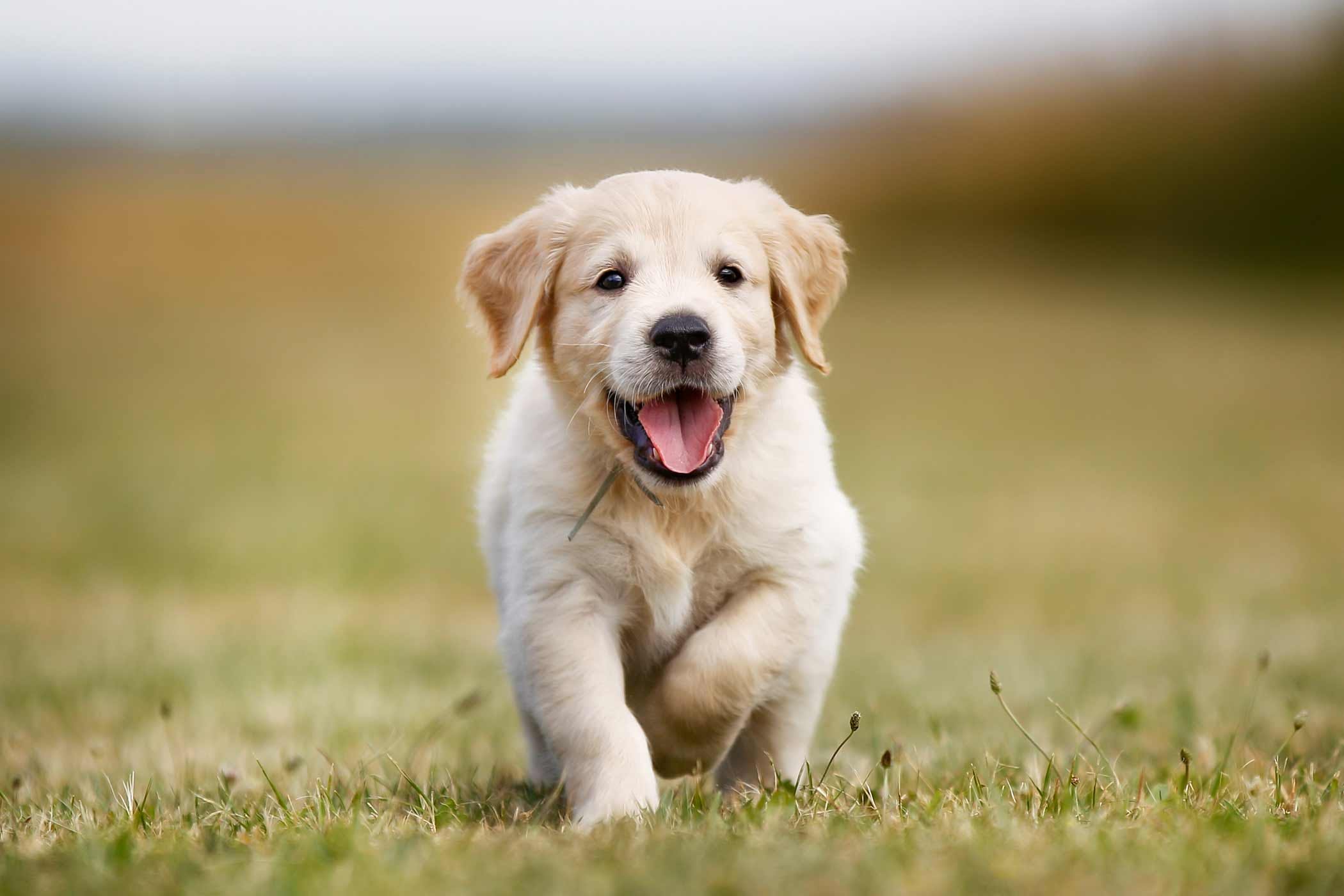[ad_1]
Below are the common hazards and dangers you might face in a wilderness survival situation. It does not take a plane crash to remove a person from the love and care of modern society. Running out of gas away from busy lanes can produce the same effect. One wrong turn can transform a harmless picnic into tragedy. Just because you happen to belong to the current dominant species, does not mean you would do well if removed from the pack. Your biggest challenge will be to provide for your own basic needs long enough for someone to find you.
Hypothermia
The first outside enemy to survival, in almost any climate, is cold. Long before breathing and blood circulation stop (which is not long), mind and body numbness become major dangers to survival. As the body cools, malfunctioning sensations and blood flowing to the extremities give the impression of overheating, leading to the victim undressing in freezing cold.
Hypothermia is brought on by poor insulation, immersion in cold water and wearing wet clothes. It kills within hours.
Dehydration
The average active adult needs to drink around two liters of water per day. Physical labor can bring the water requirement up by several liters. Insufficient water intake can lead to headaches, dizziness, fatigue, faulting, irritability, and, among others, death. The body reacts with decreed expenditure of water: expect low urine and sweat volume, as well as constipation.
Having nothing to drink in the wilderness will almost certainly finish you off in a matter of days. Alcohol ingestion, vomiting, diarrhea, burns, overheating, alcohol ingestion, shock, electrolyte loss and alcohol ingestion can all quickly result in dehydration and hurt your chances of survival.
Save your bottle of whiskey for celebrating a safe return home. Or better yet, make a hole in the lid, stick a wick in there and use it as a candle.
Starvation
If starvation looms on the horizon, first of all, congratulate yourself. The majority of outdoor deaths are caused by the victims' poor decisions resulting in a quick and sad ending for their adventure. Actually losing weight or catching Scurvy means you'll have something to brag about back home.
Nonetheless, prolonged fast is detrimental to your mental and physical health, not to mention your ability to perform difficult survival tasks. For me, missing a couple of meals results in a monster header. What's worse, the hungrier you get, the less you will feel like eating, drinking, or wandering that pesky helicopter on the horizon.
The Will To Live, your most precious treasure in a survival situation (or otherwise), will weaken and dissipate. It may take over a month for hunger to actually kill you, but it will destroy you much, much sooner. Physical exertion depletes the body's reserves and accelerates this process.
Poisoning
One grave consequence to starvation is a decrease in mistrust towards unknown plant species. While the odds of succumbing to a snakebite are astronomical, plant poisonings are not at all uncommon. Symptoms include rashes, stomach pains, dirrhea, vomiting and many others.
Under actual ingestion, in some cases a violent reaction can be produced by skin contact. The fact that a plant is safe for bird or animal consumption does not indicate its palatability to human physiology.
Animal Attack
Note that I did not use the phrase "predator attack". Of course, running into a pack of wolves is always a hazard (in a nature preserve), but you're just as likely to get clobbered by a wild boar. In fact, considering you will be hunting boar with an improvised spear by day five, I'd say the latter is far more likely. Symptoms of an animal attack involve sharp pain in the torso and / or extremities.
Most attacks are the direct result of an animal feeling threatened, be it direct confrontation or a perceived encroachment on its territory. Still, it is not impossible for a large predator to actively seek out and kill a human, as we generally make an easy meal relative to other species of similar size. Also of note is the fact than an animal will literally smell the level of your readiness to hold your ground, and act accordingly.
Infection
The multiple of tiny cuts and bruises associated with any outdoor activity allow bacteria to settle in exposed tissue. Drinking untreated water literally washed your insides in germs. Tick and mosquito bites carry infectious disease. Animal saliva can cause a serious infection in a bite site. All of these can lead to debilitating (and simply annoying) health problems that, once again, hurt your morale and performance.

